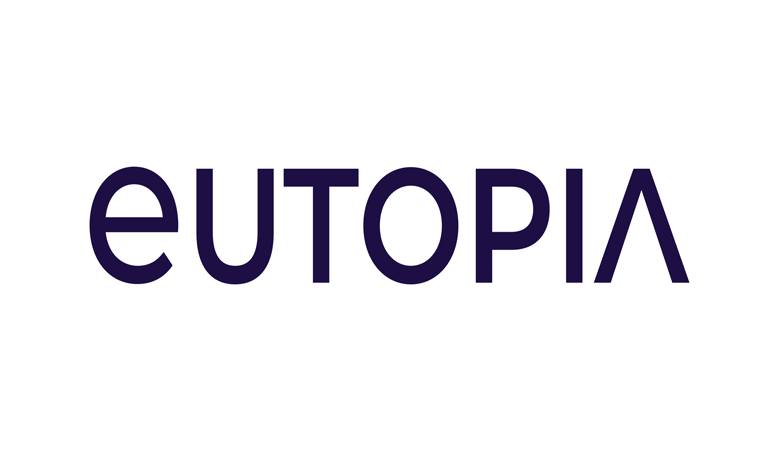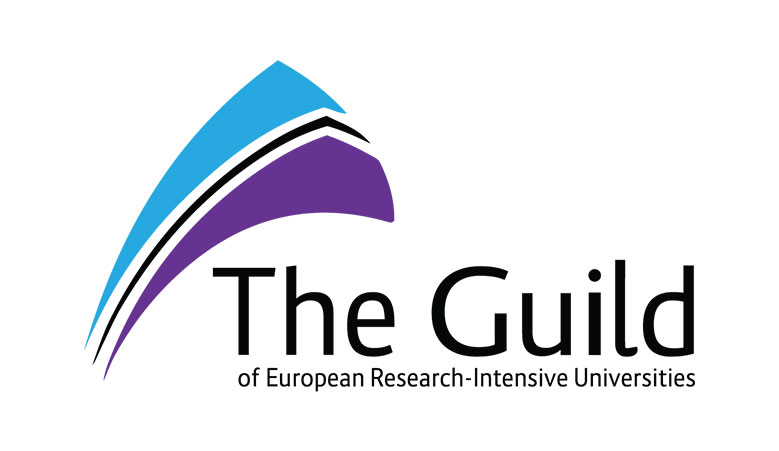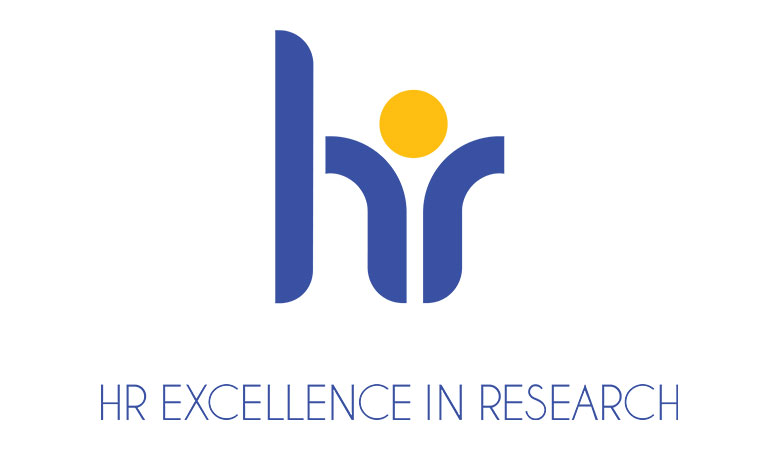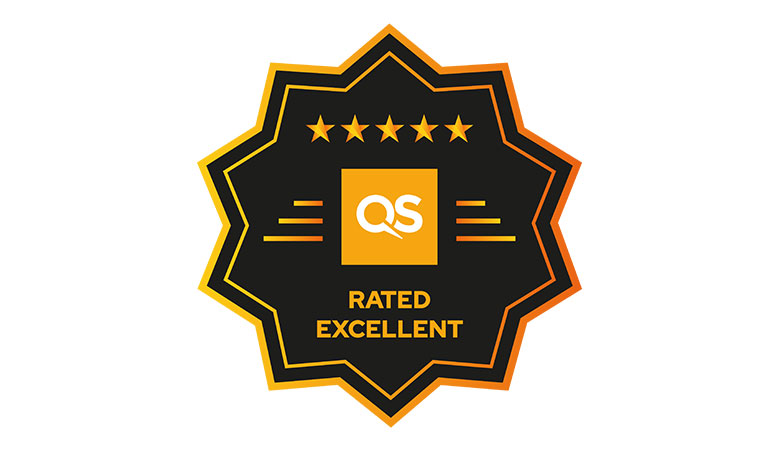Strategies for development and quality assurance
In accordance with the university ranking and hierarchy of the study programmes in Romania, established in 2011 by the Executive Agency for Higher Education, Research, Development and Innovation Funding (UEFISCDI), UBB is a comprehensive university of advanced research and education.
The Strategic Plan for the 2016-2020 period, through the strategic goals, objectives and performance indicators established, constitutes a programmatic document and a guarantee of strengthening the role of UBB as an institution responsible, active, and capable to produce competent graduates for our society, development projects and solutions to major issues, and also a guarantee of the process of establishing structural correspondences between our university and world-class universities in the European and Atlantic environment.
Operational plan:
The criteria that allow us to evaluate the quality of higher education programmes or institutions are diverse, responding to the multiple dimensions of the academic activity: legal, professional, economic, managerial, the relationship with students' expectations, the relationship with employers' expectations, the relationship with the labour market, organizational, openness towards the future. These criteria are:
- legal consecration of university autonomy and accountability as a tool for enhancing performance and increasing competitiveness;
- setting the explicit mission of universities and the objectives of institutions and programmes through charters, strategies and operational programmes;
- accessibility for people with defined skills on a transparency and competitive basis, and providing opportunities without discrimination;
- the quality of the curricula;
- quality of academic body in terms of professional qualification and competence, interactive ability, teaching skills, intellectual culture, initiative and commitment;
- the presence of a continuous feedback in the relationship with students and the readiness to take suggestions, proposals, and criticism from students;
- organizational flexibility in terms of credit transfer possibilities, interdisciplinary approach, granting a second chance, studying in various programmes or universities;
- quality of infrastructure in terms of education facilities and means of transport and the level of equipping of libraries, laboratories, communication facilities;
- resources allocated from budgets, from investors or donors, the ability to obtain extra budgetary resources, the ability to motivate the academic staff, buildings and equipment investments capacity;
- practice of accountability in the use of human and material resources and systematic resorting to auditing;
- the presence of a feedback in the relationship with employers and the readiness for adequacy of programmes in relation to the labour market;
- scientific competitiveness in relation to the scientific research of reference in the respective field and to international criteria for the assessment of scientific production;
- the level of development of quality and quality assurance self-assessment mechanisms;
- the pragmatic outcome in terms of the level of technologies, technique, public debate, democracy, as much as they are dependent on the higher education;
- the extent to which abilities for innovation in technique, science, culture, art have been generated with the outcome of their renewal.




